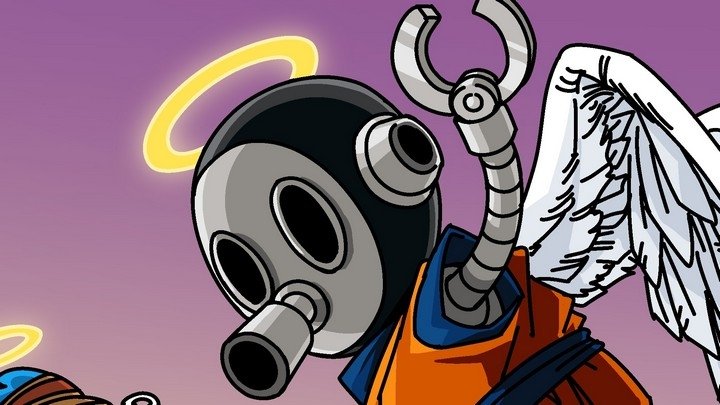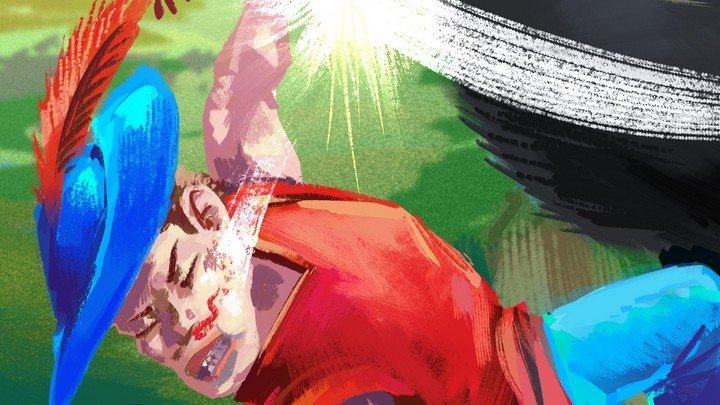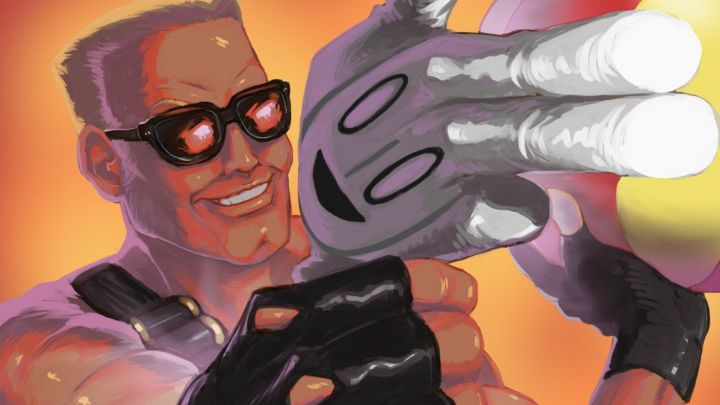Between Paperboy and RoboCop, the '80s were a tough time to work the streets
Death rides a... bicycle?
It's time once again for the movies! Or at least a podcast about a movie. And also games. But mostly a movie.
Following on from some of our periodic coverage of big, influential movies of the ’80s, Henry Gilbert joins us once again to the discuss one of the biggest and most influential flicks of all: RoboCop. You can think of this episode as the counterpart to last year's episode on The Running Man, although RoboCop ended up being much bigger a pop culture affair despite its lack of Schwarzenegger. And this episode explores not only why, but also what—which is to say, what all resulted from this quirky but memorable movie.

Please look forward to more discussion of incredibly violent ’80s movies!
Retronauts Episode 279: RoboCop
MP3, 46.1 MB | 01:39:48
Direct download | Retronauts on Apple Music | Retronauts on Libsyn
Episode description: Jeremy Parish, Bob Mackey, and Henry Gilbert continue to take stock of the havoc wrought upon pop culture by Hollywood of the late ’80s with an in-depth survey of RoboCop: The movie, the games, the wholly inappropriate toys for kids!
Cover illustration: Amanda Pruitt
Also, don't miss last week's episode—the final entry in our Game Developers Conference 2019 interview series. This time, it's a great discussion with John Salwitz (formerly of Atari Games) abiout the creation of Paperboy. A game about a job that was apparently almost as deadly as Officer Murphy's drug czar beat in Old Detroit.

As usual for this style of episode, there's a brief introduction and explainer by the Retronauts East crew for those who have never played the game in question...
Retronauts Episode 278: Paperboy (With John Salwitz)
MP3, 27.2 MB | 00:58:43
Direct download | Retronauts on Apple Music | Retronauts on Libsyn
Episode description: The Retronauts East crew (Jeremy Parish, Benj Edwards, Chris Sims, Ben Elgin) offer a quick overview of the gameplay and culture behind Atari's Paperboy; then designer John Salwitz shares his memories of its creation.
Cover illustration: Step Sybydlo




